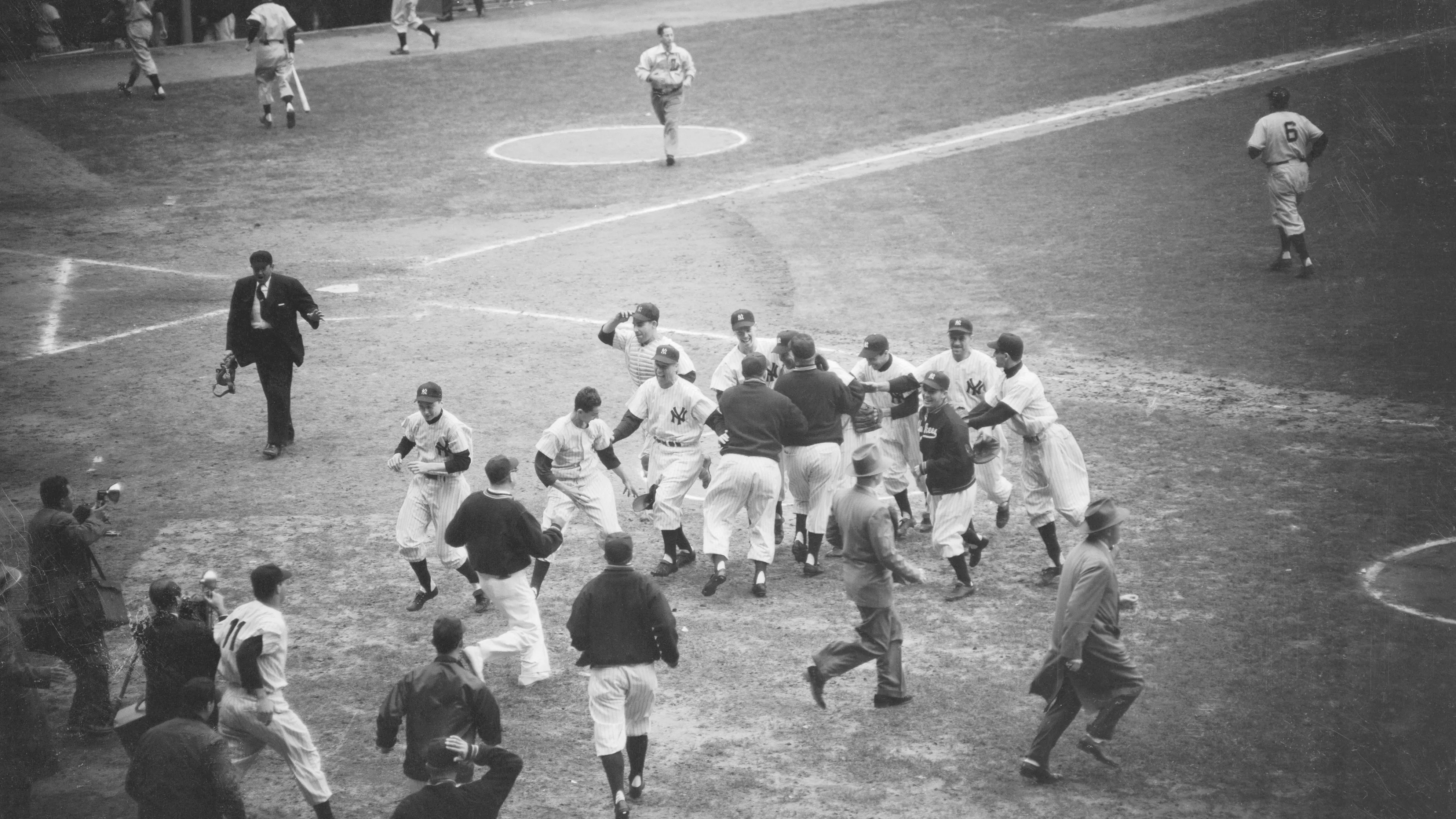MESA, Arizona — If former Seattle Mariners CEO Kevin Mather’s inflammatory truth-telling on himself and the industry isn’t turned into the players’ union’s heaviest cudgel in negotiations over key elements of a new collective bargaining agreement, the union still has the Cubs.
Almost every self-incriminating comment Mathers made during a speaking engagement over Zoom with a Seattle-area business organization earlier this month has a bright blue thread running prominently through the Cubs’ business practices in recent years — from high-profile service-time manipulation to trending free-agent practices that have been fueled by tanking.
Mather resigned under pressure Monday, one day after a video of his comments surfaced.
Stay in the game with the latest updates on your beloved Chicago sports teams! Sign up here for our All Access Daily newsletter.
“It’s just him saying something that [makes me think], ‘Good, I’m happy it’s out there in the public now and people are seeing this is the way it is,” said Cubs veteran first baseman Anthony Rizzo, who will face free agency next winter if he and the team can’t agree on terms for an extension before then.
In addition to gratuitous criticisms of Japanese and Dominican players’ English, Mather said out loud what had been open secrets in the business of bad-faith practices by teams for years, including:
- “There was no chance you were going to see these young players [in the big leagues regardless of COVID-related needs]. … We weren’t going to start the service time clock.” He added that two of Seattle’s top prospects are certain to start this season in the minors for the same reason, including outfielder Jarred Kelenic, whose rejection of a six-year offer by the club sealed that fate.
- “[MLB teams] lost $2.9 billion last year, and we have taken the position that there are 180 free agents still out there on Feb. 5 unsigned, and sooner or later, these players are going to turn their hat over and come with had in hand, looking for a contract.”
Slow-moving free agent markets have been the norm over the last four offseasons (with the lone exception in that span of 2019-20), so the pandemic-losses rationale tells only part of a story that has more to do with how big-market teams navigate slow-rising luxury-tax thresholds and how teams across the spectrum have followed the likes of the Cubs and Astros in embracing tanking as a favored, low-cost rebuilding method.
MLB
“Being in this game, you know what he said is true, to about 99.9 percent,” said Rizzo, who watched teammate and friend Kris Bryant get held back for two weeks in 2015 to cost him just enough service time to assure a seventh year of club control for the Cubs.
That case might be the highest profile case of service manipulation in baseball history, resulting in a grievance that Bryant eventually lost. Lesser known examples with the Cubs included shortstop Addison Russell, who debuted a few days after Bryant in 2015, and Jake Arrieta — who spent just enough time in the minors after being acquired in 2013 to assure an additional year of control (which turned out to be 2017, when he became the last Cubs pitcher, so far to win a playoff game).
“It happens. It’s just out there, and it’s not said, and there’s stories written on it,” Rizzo said. “There’s teams that manipulate service time. There’s teams that do it all the time.
“You can go back to so many different guys, and that’s been what’s happened. And him coming out and saying that is pretty annoying and frustrating for us players. But it’s not like we don’t know [everything] that he said.”
The players union had a swift reaction to Mather’s video, calling it, “a highly disturbing yet critically important window into how Players are genuinely viewed by management. Not just because of what was said, but also because it represents an unfiltered look into Club thinking. It is offensive. …
“Players remain committed to confronting these issues at the bargaining table and elsewhere.”
And that, more than anything, is why Mather’s legacy could have lasting impact and influence far beyond his spotty, undistinguished career as an otherwise little-known baseball executive.
“I think that this year is going to be another battle,” Rizzo said when asked whether he thought Mather’s incriminating comments might help the union in its efforts to win concessions over such things as service-time manipulation and the sources of glacial free-agent markets.
“The game’s going in a good direction,” said Rizzo, who used the subject of Fernando Tatis Jr.’s record contract with the Padres as an example of how well the game is doing financially. “It’d be a shame to derail it. But that’s a long time away, and we’ve got a long negotiation to do.”
The current CBA expires in December.


